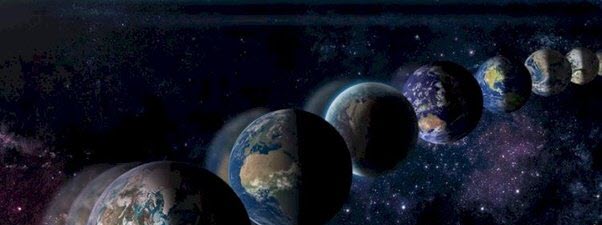Bard
But we may go further; theatrical entertainments are not merely unprofitable; not merely a waste of time, which, if nothing more could be said, would be sufficient to condemn them; but they have also a direct and unavoidable tendency to DISSIPATE THE MIND, AND TO LESSEN, IF NOT DESTROY, ALL TASTE FOR SERIOUS AND SPIRITUAL EMPLOYMENTS.
The Bard Barred
The Astor Place Riot took place on May 10th, 1849, killing almost 30, and injuring many more. The great Presbyterian preacher, Samuel Miller, frail and weak, left Princeton to travel to his old church in New York City to re-issue his famous 1812 sermon, and more, to continue to speak, hour after hour, inveigling against the great evil that was the stage, until he finally collapsed, dying shortly thereafter.This bravura performance was the subject of many newspaper articles and political speeches. The riot was clearly caused by the perversity of the theater itself; it was not merely something which provided shape and focus to simmering class, ethnic, and international tensions! The NY state legislature quickly moved to ban all such productions, and to avoid cunning and greed-driven promoters of the debased "arts" trying to define any number of similar entertainments as not covered, defined the ban as "of any number of persons gathered outside a private home for purpose of watching performances of any nature". Naturally, this was brought to the Supreme Court by "a coalition of panderers for profit, who will seek to hide behind spurious claims of 'freedom' so as to corrupt all virtue to line their purses". The justices decided that the Constitution's guarantee of freedom of assembly was "to petition the government for redress of grievances, and not for any purpose imaginable, least of all frivolous and morally debased entertainments".
New York was the first to pass so-called "Astor Laws", but other states followed suit. The success (in those areas where it was permitted) of Aiken's dramatization of Uncle Tom's Cabin brought the bulk of the south on-board with such bans, leading the Thirteenth Amendment, barring "public performances" of most kinds, and explicitly stating that, as regards such performances, it over-ruled the First.
While it technically did not ban the writing of plays, symphonies, opera, etc., it made it quite impossible to make any sort of living at it. While books were technically unaffected (as they could be read at home), the most talented of writers headed to friendlier climates in Europe, notably France, Spain, and England, along with those whose skills lay in almost any form of dance or music. Even sporting events were not permitted an audience beyond associated personnel such as coaches and referees. There was certainly a need for entertainment, and books and "literary" magazines provided it, but the overall quality of American art declined dramatically. If you were good enough to compete in Europe, you went, even if you weren't a playwright, to be among others who appreciated culture. America became synonymous cheap, mauldlin, and repetitive works (even more than on Baseline!), entirely second-tier at best.
It wasn't entirely without benefits. John Wilkes Booth had long since left for Europe, despite his family's history of rivalry with English actors, and even if he hadn't, there was no theater for Lincoln to be shot in. A few plots to assassinate him were considered, but most never went beyond the early stages, and those which did failed early on.
Edison's phonograph was, after much debate, deemed legal, provided it was not used in public, but his Kinetoscope was more problematic. It's nature and cost made it of limited used in a home situation. He ended up selling the patents to Lumiere, and France became the center of motion picture production, drawing a new generation of Americans seeking fame and glory.
By 1940, the rest of the world, having survived a series of mid-sized wars from 1912 to 1920, has prospered, with television networks making regular broadcasts, and the great studios of France and the Russian Republic churning out vast quantities of films. Walt Disney, having failed as a newspaper cartoonist, moved to England and has produced an epic film based on Arthurian legend (far darker and more serious than Baseline's "Sword In The Stone"). Geijutsu Eigasha has released a spectacular anthology film based on Japanese mythology, heavily tinged with nationalistic fervor.
In the US, there is rising demand for a repeal of the 13th Amendment, but despite the Supreme Court's 1850 decision, it, and assorted Astor Laws, have been used to crack down on purely political gatherings. Much as the original Astor riot was not really about theater in itself, the growing dissent in the US is not, either.
BREACH
Other than the usual media smugglers, BREACH has noticed multiple Baseline factions trying to capitalize on US political instability, as the situation is ripe for exploitation.Author's Notes
The Astor Riots, and Miller's anti-theater tirade, are both real; the rest is fiction. At least, here it is.
While I think this world is somewhat close to Wertham, I think it differs enough to 'count' as its own creation. Also, you create a world a day and try avoiding any overlap! (I kept trying to think of something else, but this idea, of the Astor riots sparking an alternate world, refused to leave my skull to let any other concept enter it.)



Comments